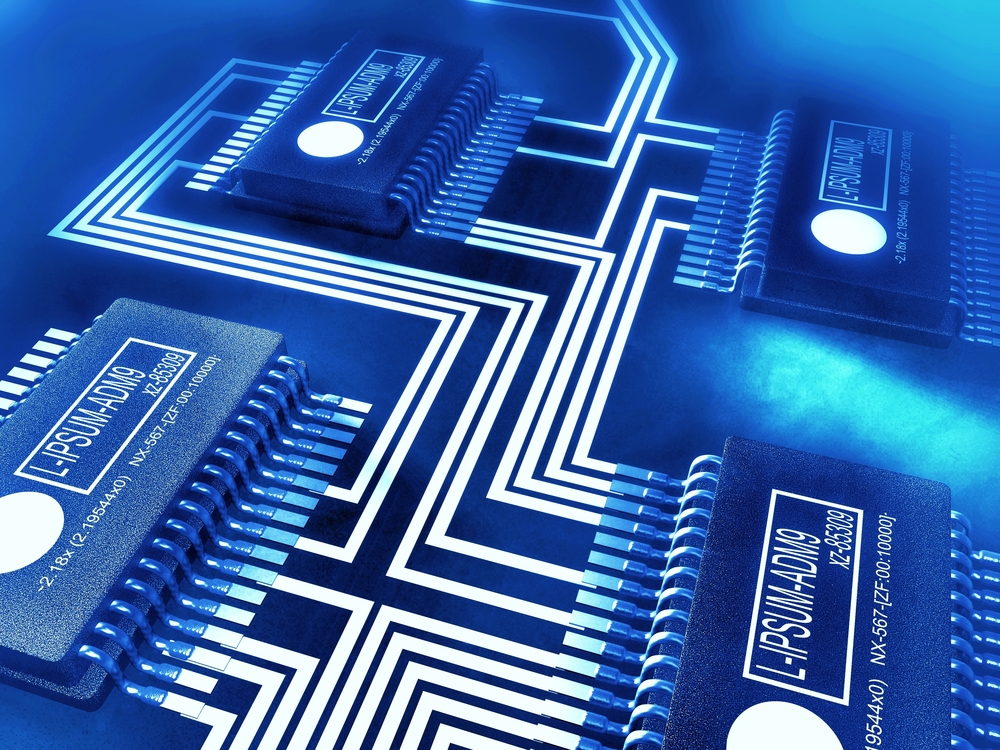

Microsoft has warned that the fixes for Spectre and Meltdown are likely to have a ‘significant performance impact’ on some PCs or servers, depending on what Windows operating system and silicon people are running.
But it is not all bad news, as Microsoft’s benchmarks show that newer machines running more modern silicon and Windows 10 for example, only shows single-digit slowdowns, which most users are not expected to notice “because these percentages are reflected in milliseconds.”
It comes after the industry-wide processor vulnerabilities were discovered last week, amid warnings that the design flaw was likely to have an impact on the performance of the computer.
The vulnerabilities affects many CPUs, including those from AMD, ARM, and Intel, as well as the devices and operating systems running on them.
Intel did not deny last week that the fixes would have a performance impact, as experts have said that the fixes will require more computational resources, which at best will slow down the entire operating system.
Concern about these vulnerabilities are so high that Intel CEO Brian Krzanich used his keynote address at the Consumer Electronics Show (CES) in Las Vegas to assure customers that fixes would be released within a week.
Intel said that any downgrade in performance wouldn’t be noticeable to most users. Even still, the company is facing at least three class-action lawsuits.
Apple has also released new fixes for its platforms, fulfilling an earlier promise to ensure Safari users would be protected.
Meltdown and Spectre affect just about every single processor made over the past 20 years, causing emergency fixes and mitigations to be released for Windows, Mac, iOS and Android. Chips made by ARM manufacturers and AMD are also impacted.
Essentially, the vulnerabilities affect the kernel of the chips and could allow an attacker to read information that should otherwise be inaccessible. This means an attacker could obtain passwords, encryption keys or steal information from other applications.
But now Microsoft confirmed there would be a performance impact, some of which would be noticable by the user.
“One of the questions for all these fixes is the impact they could have on the performance of both PCs and servers,” wrote Terry Myerson, executive VP of the Windows and Devices Group. “It is important to note that many of the benchmarks published so far do not include both OS and silicon updates.”
“In general, our experience is that Variant 1 and Variant 3 mitigations have minimal performance impact, while Variant 2 remediation, including OS and microcode, has a performance impact,” he wrote.
Essentially, 2016 era PCs running Windows 10 on newer silicon (Skylake, Kabylake or newer CPUs), can expect single-digit slowdowns.
2015 era PCs running Windows 10 on older silicon (Haswell or older CPUs), “some benchmarks show more significant slowdowns, and we expect that some users will notice a decrease in system performance.”
And the news gets worse the older the machine.
For example Windows 8 and Windows 7 machines on older silicon (2015-era PCs with Haswell or older CPU), there is going to be a noticeable decrease in system performance.
And the servers are likely to feel the impact the worse.
“Windows Server on any silicon, especially in any IO-intensive application, shows a more significant performance impact when you enable the mitigations to isolate untrusted code within a Windows Server instance,” wrote Myerson. “This is why you want to be careful to evaluate the risk of untrusted code for each Windows Server instance, and balance the security versus performance tradeoff for your environment.”
Microsoft said it would publish more benchmarks in the coming weeks.
Quiz: What do you know about Intel?
American space agency prepares for testing of Boeing's Starliner, to ensure it has two space…
As UK and Europe develop closer military ties, European Commission says it will invest €1.3…
Zuckerberg seeks to revive Facebook's original spirit, as Meta launches Facebook Friends tab, so users…
Notable development for Meta, after appeal against 2021 WhatsApp privacy fine is backed by advisor…
First sign of shake-up under new CEO Lip-Bu Tan? Three Intel board members confirm they…
Trump's nominee for SEC Chairman, Paul Atkins, has pledged a “rational, coherent, and principled approach”…